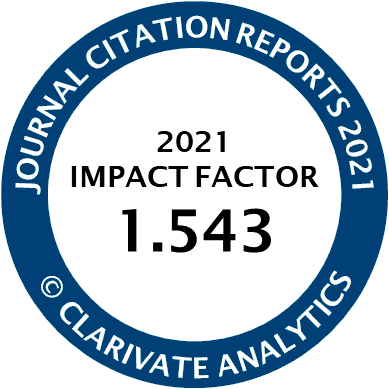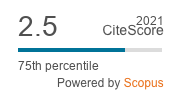Article | Open Access
Professional Trajectories in Migrant Biographies of Qualified German, Romanian, and Italian Movers
| Views: | 314 | | | Downloads: | 238 |
Abstract: This article tackles the issue of professional inclusion of “knowledgeable” migrants under consideration of the paradigmatic life course framework. It thus aims to contribute to international research on human capital valorisation. The comparative analysis of this study is grounded on qualitative data from 30 in‐depth interviews with German, Romanian, and Italian qualified movers in Italy and Germany, who did not migrate for reasons resulting from economic hardship or poverty, but rather to improve their living conditions on familial (tied movers), professional, or socio‐cultural level. Our research aimed to investigate their professional trajectories and corresponding skill utilisation. Findings of the study confirm two predominant tracks of professional integration in the labour host context characterised either by transcultural competence transfer and utilisation or by professional re‐invention and skills acquisition. Particular attention within the data analysis and corresponding conclusions has been paid to potential dynamics for social and economic up and downward mobility and the role of the three heterogenous (more and less privileged) national and cultural backgrounds for brain circulation.
Keywords: brain circulation; life course; professional integration; qualified lifestyle migration; skills valorization
Published:
© Tanja Schroot. This is an open access article distributed under the terms of the Creative Commons Attribution 4.0 license (http://creativecommons.org/licenses/by/4.0), which permits any use, distribution, and reproduction of the work without further permission provided the original author(s) and source are credited.



